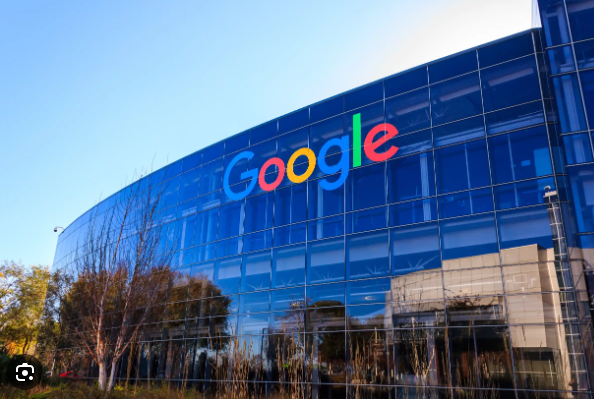Skip to content
- Alphabet’s Google will pay $700 million and revamp its Play app store to allow for greater competition as part of an antitrust settlement with U.S. states and consumers, according to the company and papers in San Francisco federal court on Monday.
- Google will pay $630 million into a settlement fund for consumers and $70 million into a fund that will be used by states, according to the settlement, which still needs a judge’s final approval.
- The settlement said eligible consumers will receive at least $2 and may get extra payments based on their spending on Google Play between Aug. 16, 2016 and Sept. 30, 2023.
- All 50 states, the District of Columbia, Puerto Rico and the Virgin Islands, joined the deal.
- Google was accused of overcharging customers through unlawful restrictions on the distribution of apps on Android devices and unnecessary fees for in-app transactions. It did not admit guilt.
- Attorneys for the states and consumers announced the deal in September, but the terms were kept confidential ahead of Google’s related trial with “Fortnite” maker Epic Games. A California federal jury last week agreed with Epic that parts of Google’s app business were anticompetitive.
- Democratic North Carolina Attorney General Josh Stein told Reuters on Tuesday that “the changes Google is required to adopt will result in more innovation among app developers and lower prices for consumers, and that was always our number one goal.”
- The states’ attorneys said “no other U.S. antitrust enforcer has yet been able to secure remedies of this magnitude from Google” or another big digital platform.
- Epic sued for an injunction, but not money damages, and the company next year is expected to make its own proposal to the judge hearing the cases, U.S. District Judge James Donato, about possible changes to Google’s Play store.
- In a statement, Epic public policy head Corie Wright said the states’ settlement “did not address the core of Google’s unlawful and anticompetitive behavior.”
- Wright said Epic will press at the next part of its trial “to truly open up the Android ecosystem.”
- Epic CEO Tim Sweeney, in a post on social media site X, said the states could have won a larger damages amount “if they’d stayed in the fight a few weeks longer.”
